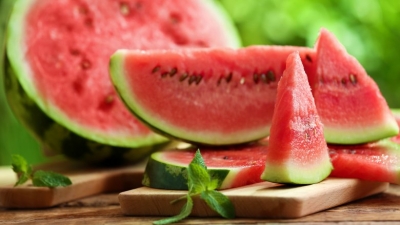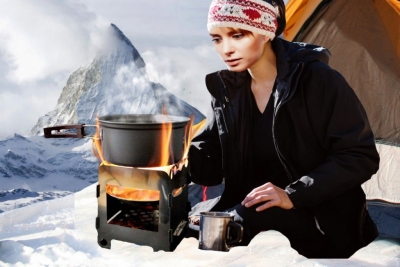Why are unripe fruits hard unlike ripped ones?

The cells of the raw fruit or vegetable are tightly packed and are held rigidly together by a carbohydrate called pectin which forms a strong bond with the walls of the cells and cements the cell together. As the fruit ripens, enzymes in the cells dissolve the pectin. When this happens the cells are no longer tightly bound to each other and the fruit becomes soft to the touch. Heating also dissolves the pectin. That is why vegetables and fruit become soft when cooked.
Rather than focusing on the ripeness of fruit to try and manipulate your diet into being healthier, consider the many other factors that can affect the quality and nutritive value of your food, such as whether a fruit is in season, or if it has been frozen. Some other factors to think about include the fruit’s time to market, as well as the temperature and humidity it has been exposed to during the shipping process. Eating ripe fruit is almost always more enjoyable, from a taste perspective, and it should have the same or a greater effect on your health as eating an under ripe fruit.
Picture Credit : Google
